DELTA – Good demand, good governance – those were the two themes underpinning the annual general meeting of the BC Vegetable Marketing Commission in Delta on April 12.
“We have strong market demand for BC products because people want to consume local BC products, and pricing remains firm,” reports the commission’s market analyst, Debbie Oyenuga.
Nevertheless, the total value of regulated vegetables was $390 million in 2021, down 6% from 2020, due to a slow rebound of foodservice sales, weather events and other factors.
While average potato prices hit a 10-year high of $837 a ton, acreage declined 3% in 2021 versus 2020. Yellow potatoes remain the largest portion of the potato crop by acreage at 28%. White potatoes claimed a greater share of production in 2021, rising three percentage points to 12%.
“Acreage into white potatoes has increased because the industry is trying to store longer,” says Oyenuga.
Kennebec potatoes, which the foodservice sector favours for hand-cut fries, saw demand fall. The variety claimed 17% of acreage in 2021, down from 20% before the pandemic.
“Kennebec is still trying to pick up,” says Oyenuga. ”It still has not recovered fully.”
Total rootcrop acreage other than potatoes increased 3% in 2021 versus 2020, with yellow onions and carrots growing slightly to account for 49% of the non-potato acreage.
The average value of root crops was $945 a ton, a slight but steady decline over the past two years.
Total value of storage crops last year was $84.5 million, up 10% from the previous year. The growth was led by potatoes, which saw 19% growth in value.
“But all others reduced by 13% from last year. This was partially due to the Sumas floods,” Oyenuga says.
Greenhouse production increased by 54 acres in 2021 versus 2020, led by an 11% increase in tomatoes and a 21% increase in specialty crops off a relatively low base. The growth saw long English cucumbers fall to last place in the crop mix as production declined by five acres.
But acreage doesn’t tell the whole story.
Oyenuga says bell peppers saw acreage increase 6%, but prices fell to their lowest level in 10 years at $13.34 a case.
“This was basically due to the heat dome,” she says. “It affected quality.”
Conversely, the decline in long English cucumber production gave prices a lift.
“This price remains the highest in 10 years,” she says.
Tomatoes are experiencing a post-COVID hangover, as a greater production pushed down prices in 2021. Beefsteak tomatoes, for example, saw production increase 48%.
“Beefsteak, we had a very high price in 2020 which is due to COVID – low acreage, low volumes, prices increased. But in 2021 the price actually dropped by about 20% [to $14.81 a case],” she says.
A similar phenomenon affected tomatoes on the vine, with prices dropping 8% to $15.81 a case.
However, the total value of sales in 2021 is estimated at $306 million, on par with 2019.
“I feel like for the greenhouse side of things, things were quite good,” says Oyenuga.
Governance
With improvements to the commission’s governance structure, things are set to get better.
Governance was a priority for the commission as it implemented its new strategic plan in 2021, says chair Debbie Etsell. One of the plan’s aims was to ensure that decision-making at the commission was free from the apprehension of bias, an issue raised in ongoing legal challenges.
“What we’re hoping for as we work through all these goals is that it will lessen the incidence of legal challenges as well as general orders as we work on process fairness that the outcome will be a little bit brighter for the industry as a whole,” says Etsell.
BC Veg general manager Andre Solymosi has felt the challenges keenly, and not just because governance issues accounted for 16% of his working hours last year.
Solymosi, as well as several commission members, are named in ongoing civil suits that impacted the commission’s decision-making abilities.
“It was difficult to obtain quorum to fulfil statutory obligations, including appointments to panels to address specific matters,” he told the meeting. “Then we have the BC FIRB restriction that was placed on myself so that I could only function in an administrative capacity regarding dealings with specific entities until a conclusion to the supervisory review is completed.”
However, governance changes helped the commission move forward despite the challenges. Two independent directors were appointed to increase decision-making capacity and provide independent perspectives. These include Natalie Janssens, a manager with the Investment Agriculture Foundation of BC, and Craig Evans, executive director of the Primary Poultry Processors Association for BC.
“We’ve amended the scheme, and that has permitted two independent members to sit on the commission, and we’ve established a governance committee,” Solymosi says.



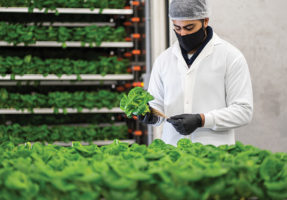
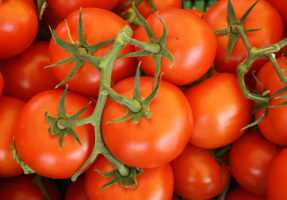

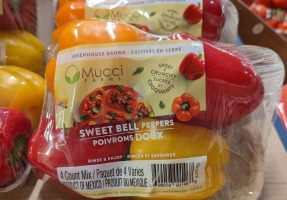
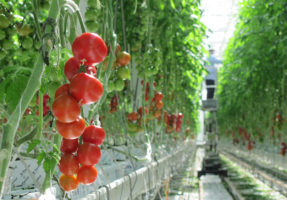


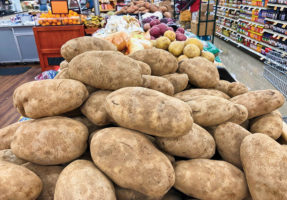
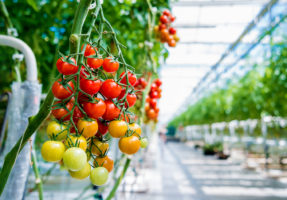
 Avian influenza order extended
Avian influenza order extended